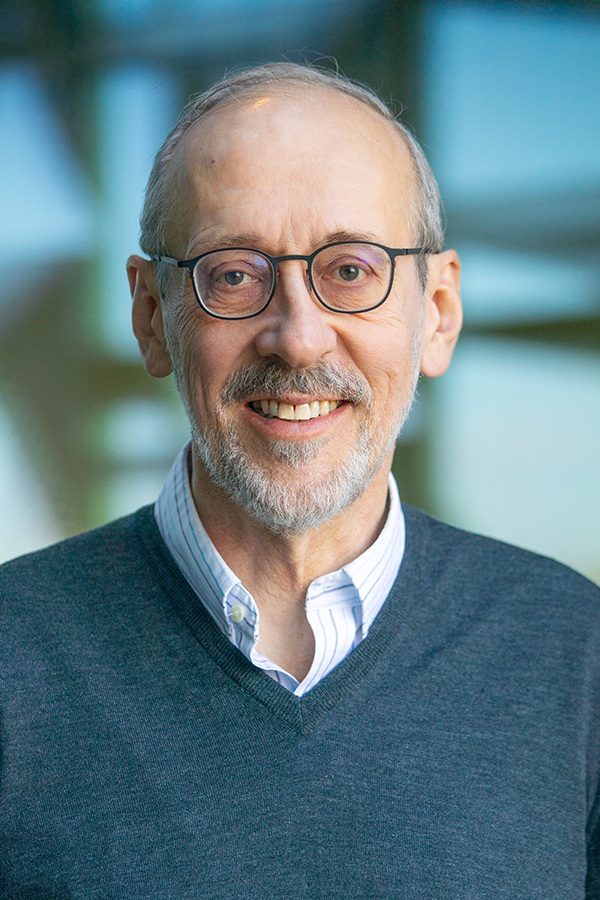News
Contact:
Michael Patrick Rutter
(617) 496-3185
CAMBRIDGE, Mass. – September 19, 2008 – Frans Spaepen, Interim Dean at the Harvard School of Engineering and Applied Sciences (SEAS) and John C. and Helen F. Franklin Professor of Applied Physics appointed bioengineers David Mooney and Rob Howe as associate deans in SEAS.
Mooney, Gordon McKay Professor of Bioengineering, will serve as the Associate Dean for Applied Chemical/Biological Sciences and Engineering, a newly created position, and Howe, Gordon McKay Professor of Engineering, will serve as Associate Dean for Academic Programs, taking over from Howard Stone, Vicky Joseph Professor of Engineering and Applied Mathematics.
"I am pleased to announce two of our colleagues have graciously agreed to become Area Associate Deans in SEAS: David Mooney for Applied Chemical/Biological Sciences and Engineering and Rob Howe for Academic Programs," said Spaepen. "I am very grateful to Dave and Rob for taking on these responsibilities and we will all benefit from their efforts in the coming years."
Mooney is a renowned tissue engineer who uses the tools of cell and molecular biology to study the mechanisms by which chemical (for example, specific cell adhesion molecules) or mechanical signals (for example, cyclic strain) are sensed by cells and alter their proliferation and specialization to either promote tissue growth or destruction.
As Associate Dean for Applied Chemical/Biological Sciences and Engineering he will help to manage academic and course planning and faculty and staff searches; handle promotion reviews for faculty appointments; and represent SEAS to FAS committee on appointments and promotion. His role parallels that of Greg Morrisett, Allen B. Cutting Professor of Computer Science, who currently serves as Associate Dean for Computer Science and Electrical Engineering.
Howe's research focuses on the role of sensing and mechanical design in motor control, in both robots and humans. His work draws upon diverse disciplines, including biomechanics, systems analysis, and neurophysiology. The main approach is experimental, although analysis and simulation play important parts. In conjunction with industrial partners, he is developing applications of this research in biomedical instrumentation, teleoperated robots, and intelligent sensors.
For the past several years Howe has taught the capstone design course, Engineering Sciences 100/100f and has been involved with curricular planning at SEAS.
Howe will work closely with Marie Dahleh, Assistant Dean for Academic Programs, to coordinate educational policy, cross-school programs and teaching; and oversee lecturer and visiting scholar appointments, executive education, and international programs.
Cutting-edge science delivered direct to your inbox.
Join the Harvard SEAS mailing list.
Scientist Profiles
Robert D. Howe
Abbott and James Lawrence Professor of Engineering

